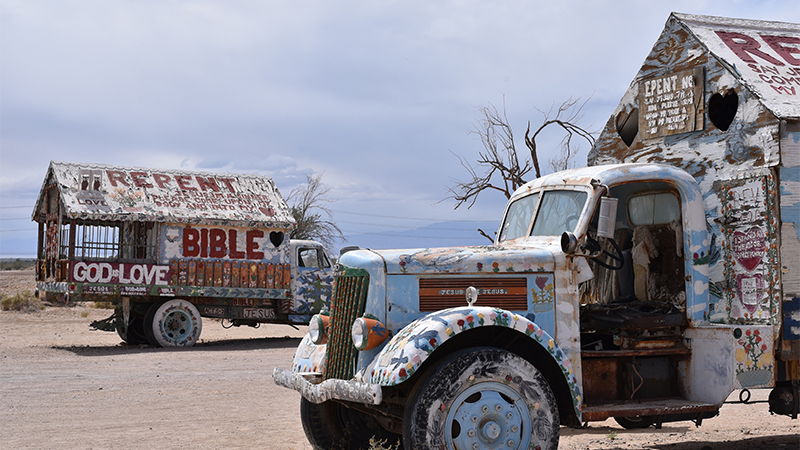“Now these three abide: anger, outrage, and fear—and the greatest of these is fear.”
That’s not in the Bible.
But sometimes I wonder if I think it is.
The United States House of Representatives just passed a health care reform bill that I and lots of other Christians opposed. Such legislation should concern us. There are some bad consequences for the weakest and most vulnerable among us, principally unborn children. But should it also concern us that so many of us are talking today about how afraid we are?
Is it a problem that some of us who are tranquil as still water about biblical doctrine and ecclesial mission are red-faced about Nancy Pelosi and the talking heads on MSNBC? Is it a problem that some who haven’t shared the gospel with their neighbors in months or years are motivated to vent to strangers on the street about how scary national health care will be?
It’s not that I think Christians should be disengaged from issues of justice (God forbid!). It’s just that I wonder if we wouldn’t represent Christ and his kingdom better if we did it with a certain tranquility of Spirit, a tranquility that signals we’re not afraid of the rise and fall of temporal kingdoms and their policies.
The words “do not fear” and “don’t be afraid” are among the most common phrases on the lips of our Lord—in both Old and New Testaments—and on the lips of his angelic messengers. I wonder why?
Isn’t it because “perfect love casts out fear” (1 Jn. 4:18)? Isn’t it because we “did not receive the spirit of slavery to fall back into fear” (Rom. 8:15)? Isn’t it because the Spirit prompts us not to “fear anything that is frightening” (1 Pet. 3:6)?
In fact, the Holy Spirit through King David, in a context far more frightening than that of our own, calls us to “fret not yourself because of evildoers” who will soon pass but “trust in the Lord and do good” (Ps. 37:1-3).
Here’s why this matters.
Most of us don’t preach “hellfire and brimstone” sermons anymore, on hell and God’s judgment. But hellfire is exactly what Jesus said we should fear. “And do not fear the ones who can kill the body but cannot kill the soul,” our Lord tells his disciples. “Rather fear him who can destroy both soul and body in hell” (Matt. 10:28).
Jesus not only teaches this; he lives it. Jesus doesn’t fear the crowds attempting to stone him. He doesn’t cower before Pilate. He isn’t afraid of the Sanhedrin. He’s confident and tranquil, even when he’s being arrested. But when he faces drinking from the cup of judgment of his Father, he sweats drops of blood.
If we were half as outraged by our own sin and self-deception as we are by the follies of our political opponents, what would be the result? If we rejoiced as much that our names are written in heaven as we do about such trivialities as basketball brackets, what would be the result?
So if what you’re afraid of is a politician or a policy or a culture or the future of Western civilization, don’t give up the conviction but give up the fear. Work for justice. Oppose evil. But do it so that your opponents will see not fear but trust, optimism, and affection.
“So now faith, hope and love abide, these three; but the greatest of these is love” (1 Cor. 13:13).
Fear God and, beyond that, don’t be afraid.






